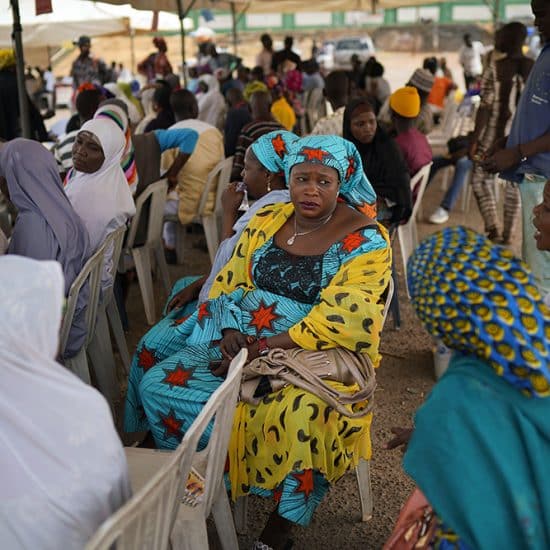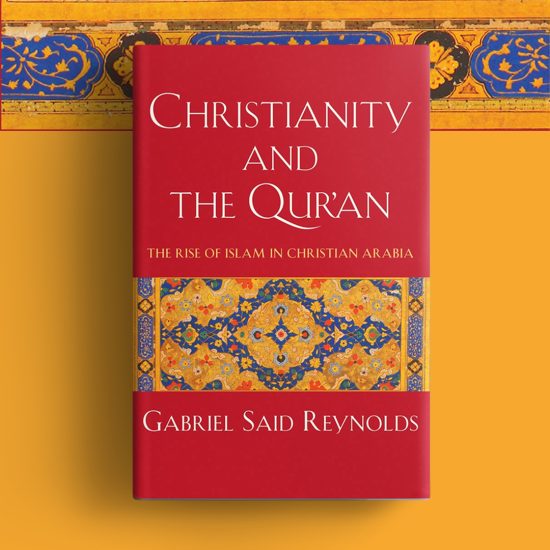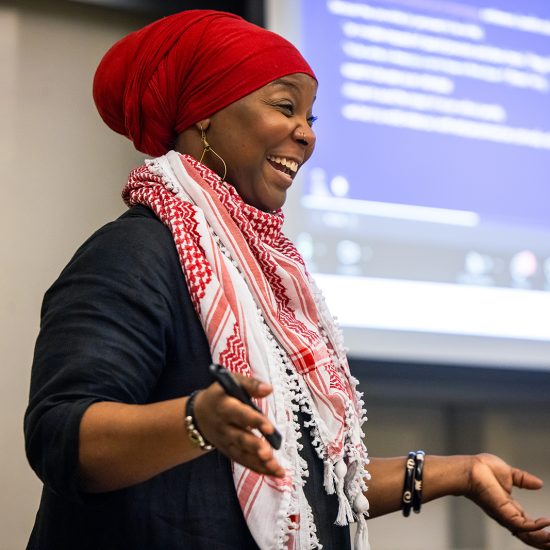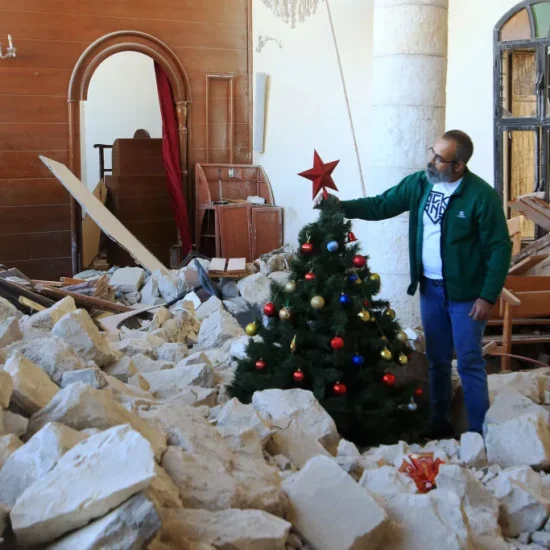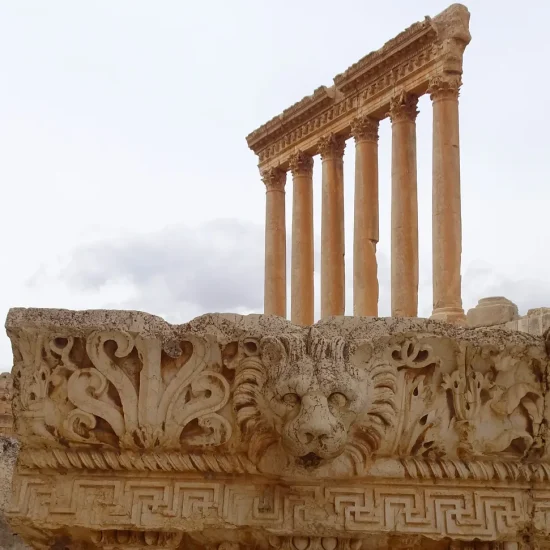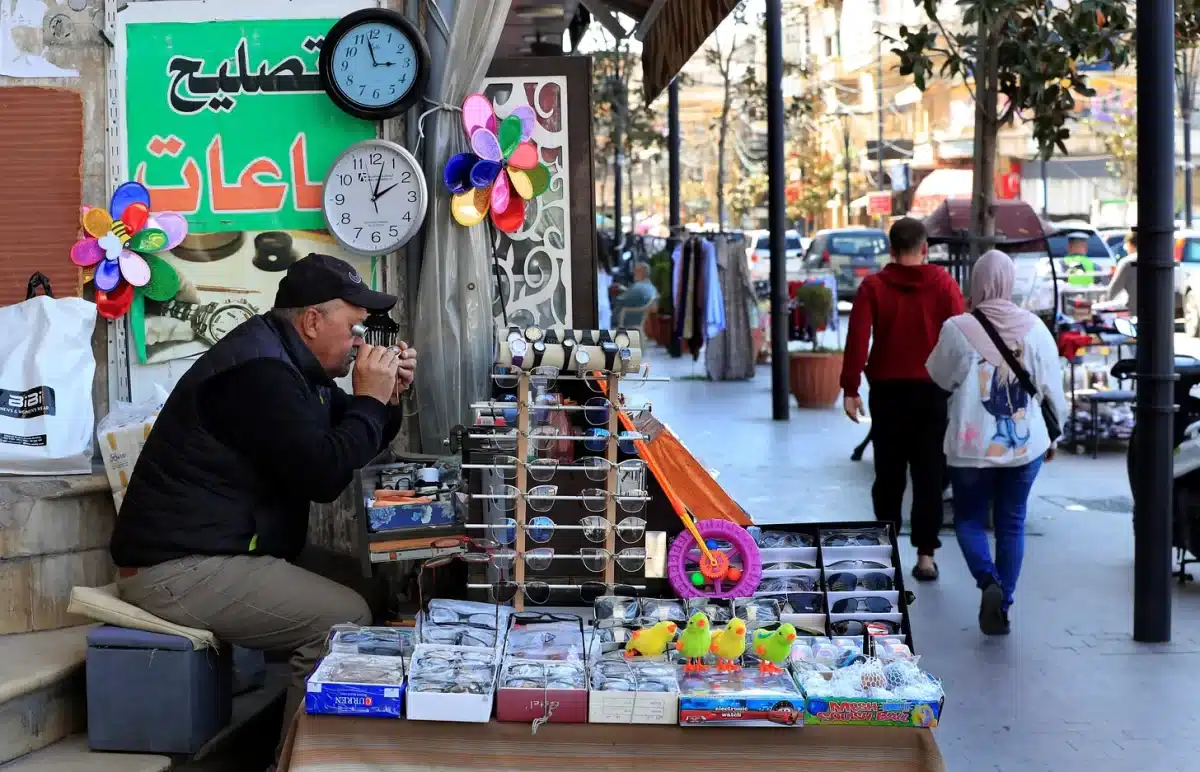
In a tiny country where time is inconsequential and not valued — where time has stopped, or as some claim, gone back to a more primitive era, and where people are grappling with hundreds of pressing and threatening issues — two different time zones emerge based not on geographical considerations but on religious ones! It may sound like a surreal scene from Twilight Zone, but sadly, it’s real and happening, and has already rendered this miserably torn country, Lebanon, the laughing stock of the world, at least, of the Lebanese regions that share the once-upon-a-time-same-time zone.
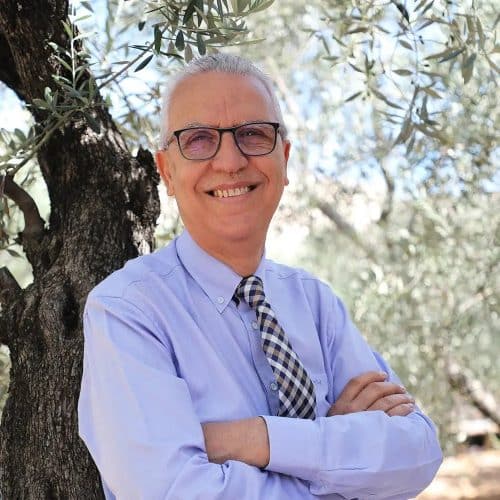
Nabil Costa
This ludicrous conflict surfaced when the caretaker Prime Minister, in a surge of “altruistic” enthusiasm to ease Ramadan’s rituals on the fasting populace, decided to postpone daylight saving time till the 22nd of April (but that decision was overruled today, so it will now end on March 29). The irony here is so compelling: For the ones observing Ramadan’s rituals, the clock is useless, as they follow the sunrise and sunset to start and to break their fasting. The more pathetically glaring irony is that the real terror the vast majority of the Lebanese have, let alone the fasting Muslims, is their inability to put food on their tables. And as always, the rest of the “vigilant” politicians, with the usual assistance of some clergymen, seize this golden opportunity to resuscitate the sectarian divides, push their personal agendas, “two time” people out of their rights, and conveniently distract them to cover up for another dirty swindle.
Indeed, the major Christian denominations and parties announced they would not abide by the decision given that there have not been any consultations on the matter or considerations of international standards, while Muslim institutions and parties seem set to remain in winter time.
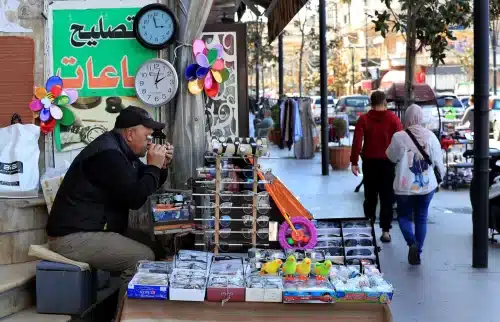
Salah Nasab, a Lebanese street vendor who also sells and repairs watches, sits next of two clocks that show different times in Lebanon, in the southern port city of Sidon, Lebanon, on March 27, 2023. (Mohammed Zaatari/Associated Press)
This preposterous situation is further exacerbating the divides in a country that is still reeling from the wounds of the civil war between Christian and Muslim factions.
The Christian community, like the entire Lebanese community, has been hugely impacted by this absurdity, as their academic institutions, among others, stretch out to various Lebanese regions and neighborhoods within the same city boundaries. They find themselves in an inextricable quandary: they have to abide by the daytime saving time in the predominately Christian areas and the regular winter time in the predominately Muslim communities. Undoubtedly, succumbing to this inexplicable puzzle, or laughing it out with jokes like the ones that have since flooded social media is never an option. Instead, we have reached out to Muslim academic institutions and communities to assert our unshakable conviction that our faith has always repudiated such tactics carried out under religious pretexts, and our consolidating the human bonds that are supposed to unite all Lebanese communities.
Finally, defending the cause of daylight saving time should not be the hill on which Christians should be willing to die, but rather by making sure that our fellow countrymen see Jesus in us. We are reminded in the book of Daniel 2/21-22 that God is in control:
“Blessed be the name of God forever and ever, to whom belong wisdom and might. He changes times and seasons; he removes kings and sets up kings;
he gives wisdom to the wise and knowledge to those who have understanding;
he reveals deep and hidden things; he knows what is in the darkness, and the light dwells with him”.
Beirut, Lebanon
March 27, 2023
11:00 AM/10:00 AM
Nabil Costa is the CEO of the Lebanese Society for Education & Social Development.

